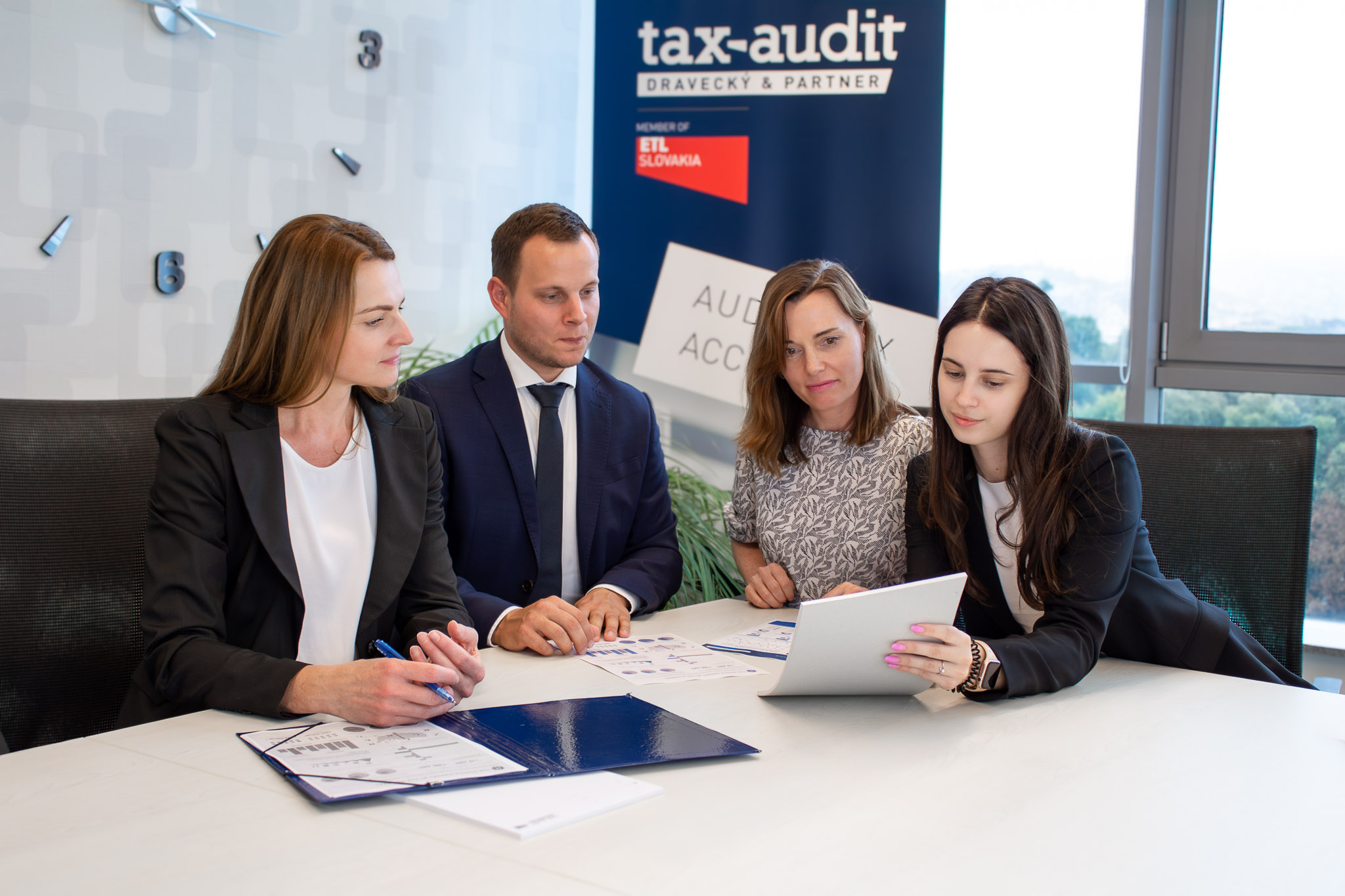Currently, as migration for work or personal reasons increases, especially after Slovakia's entry into the EU, the issue of tax residency is being discussed more frequently. This concept, also known as tax domicile, is crucial for determining the tax obligations of individuals in specific countries. Identifying tax residency has a significant impact on how and to what extent an individual's income is taxed.
Tax residency determines in which country a person is required to pay taxes, which can affect not only income from domestic sources but also from those originating in other countries. If a self-employed person unknowingly pays taxes in the country of their permanent residence but has been living and working in Slovakia for an extended period, they may be subject to paying taxes on other income earned outside Slovakia according to Slovak regulations. Proper determination of residency requires considering international agreements on the avoidance of double taxation, if such agreements exist between the involved countries.
Who is a tax resident in the Slovak Republic?
According to the Slovak Income Tax Act, a tax resident is an individual who has permanent residence in Slovakia or spends more than 183 days in the country during the year. Such a resident is responsible for taxing their worldwide income in Slovakia.
Dual residency and its assessment
If a person is considered a tax resident in Slovakia and also in another country, we are dealing with dual residency. This situation must be assessed according to international treaties on the avoidance of double taxation, if they exist. For countries without such treaties, taxation is determined based on domestic legislation.
The conclusion of international treaties is important to prevent double taxation, which could negatively affect the economic development of countries and discourage entrepreneurs.
Resolving the conflict of dual residency
Dual residency becomes a common issue, especially for individuals who spend a long time in one country while having permanent residence in another. If the residency conditions of both states are met, it is necessary to apply distinguishing criteria. These criteria usually include:
- Permanent home – The first criterion is owning or renting an apartment that is accessible for continuous use.
- Center of vital interests – This criterion considers personal and economic ties, such as family relationships, employment, or property ownership.
- Usual place of residence – If it is not possible to determine the state of residency based on the previous criteria, it is determined by the place where the person usually resides.
- Nationality – If residency cannot be established based on the previous criteria, citizenship is taken into account.
- Mutual agreement between authorities – In case of a disagreement between the residency of two states, an agreement can be reached between the relevant authorities.
Conclusion
Issues related to tax residency are complex and require careful consideration of the individual circumstances of each taxpayer. Given the increasing mobility of the population, it is necessary to be aware of your tax obligations in different countries and to properly navigate the legislation to avoid taxation problems. It is important to emphasize that a proper understanding of tax residency and related obligations can significantly impact your financial matters. In case of any uncertainties, it is advisable to consult a tax expert. A tax advisor can provide valuable advice and assistance, ensuring that your tax matters are in compliance with the legislation and optimized for your benefit.
Be the first to know about the latest information from the world of taxation, accounting and auditing.














































